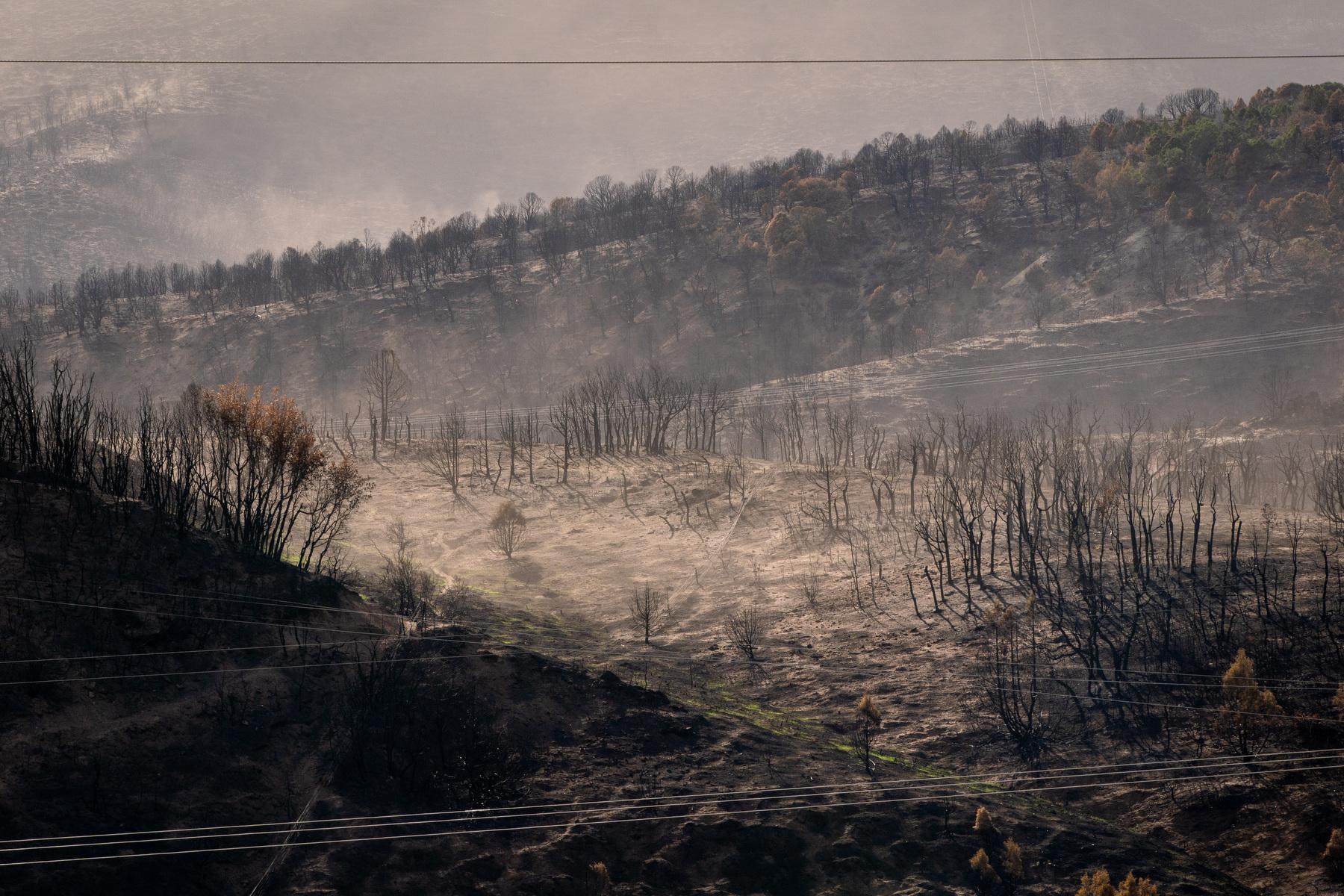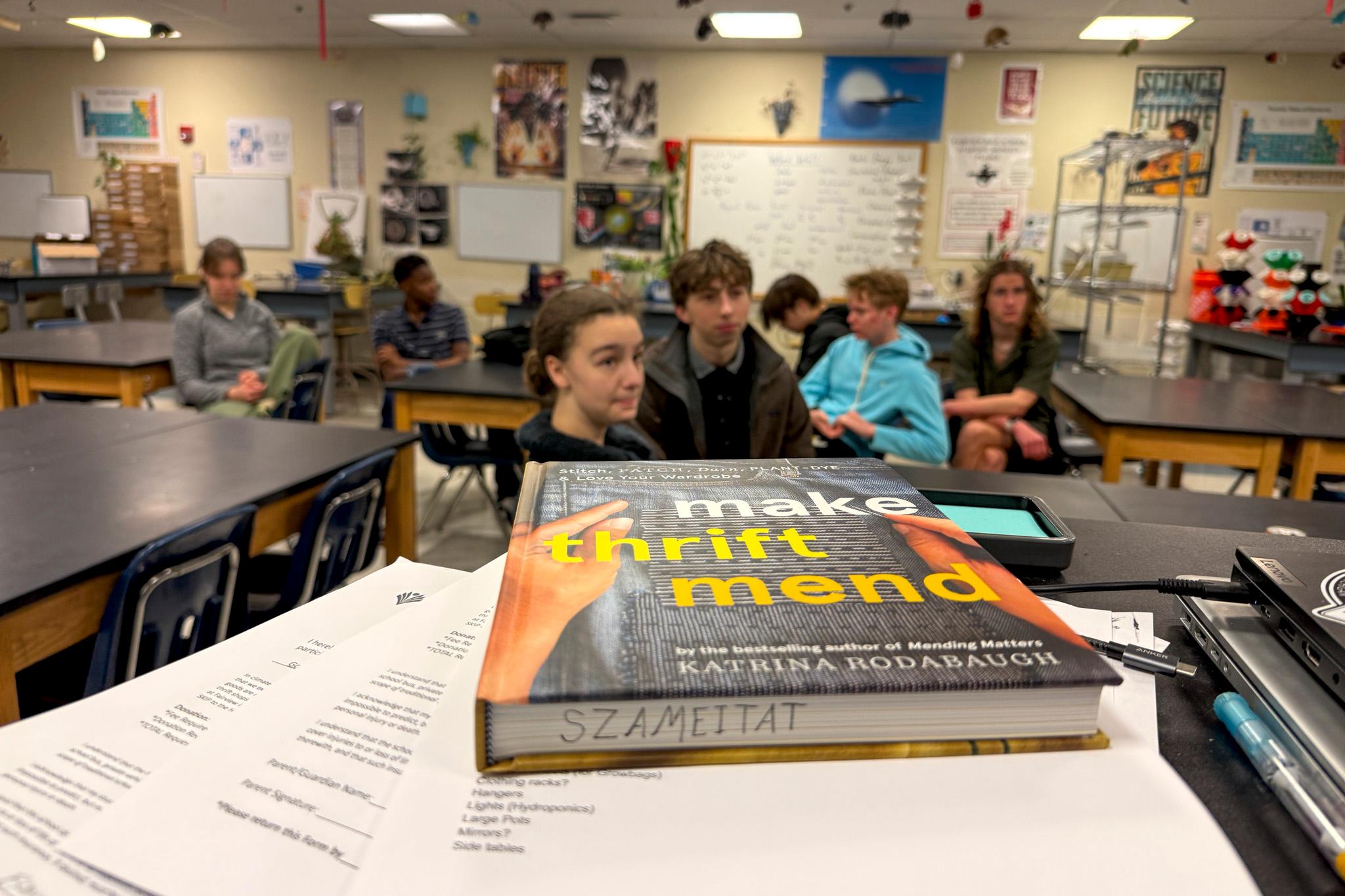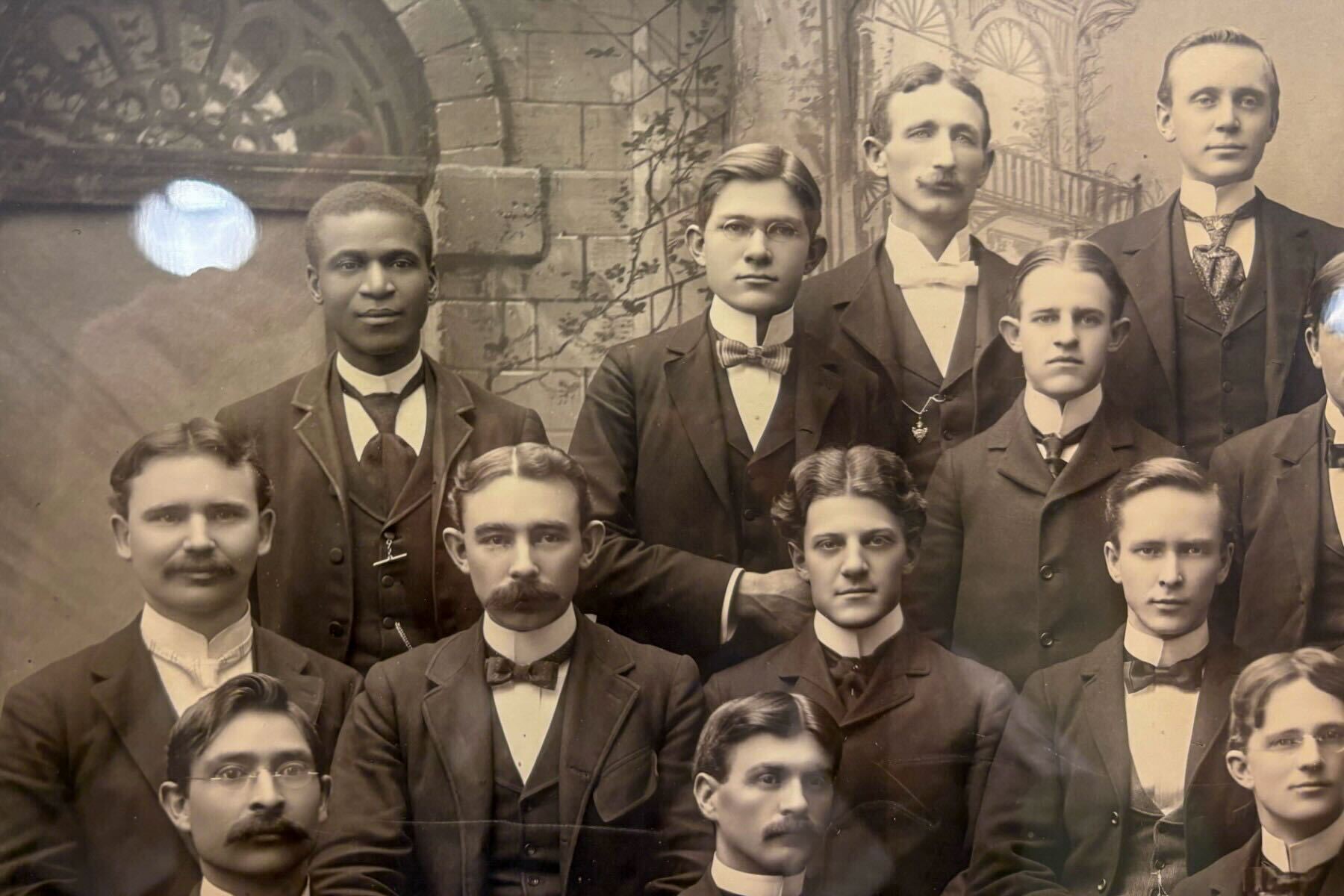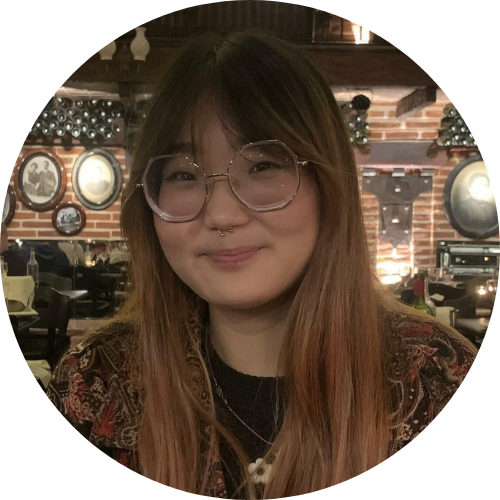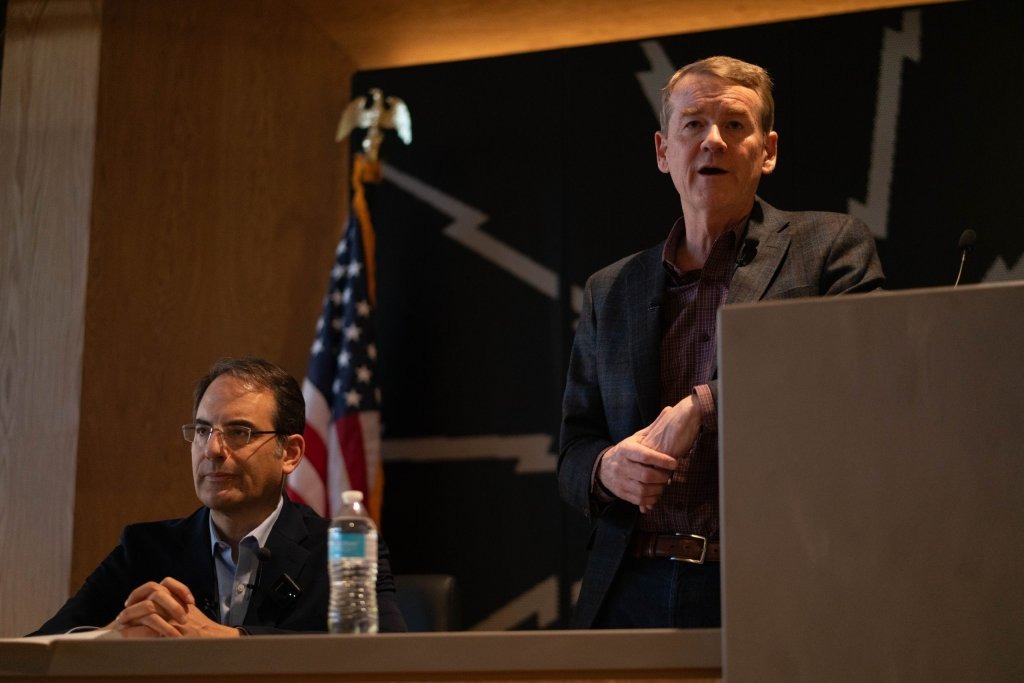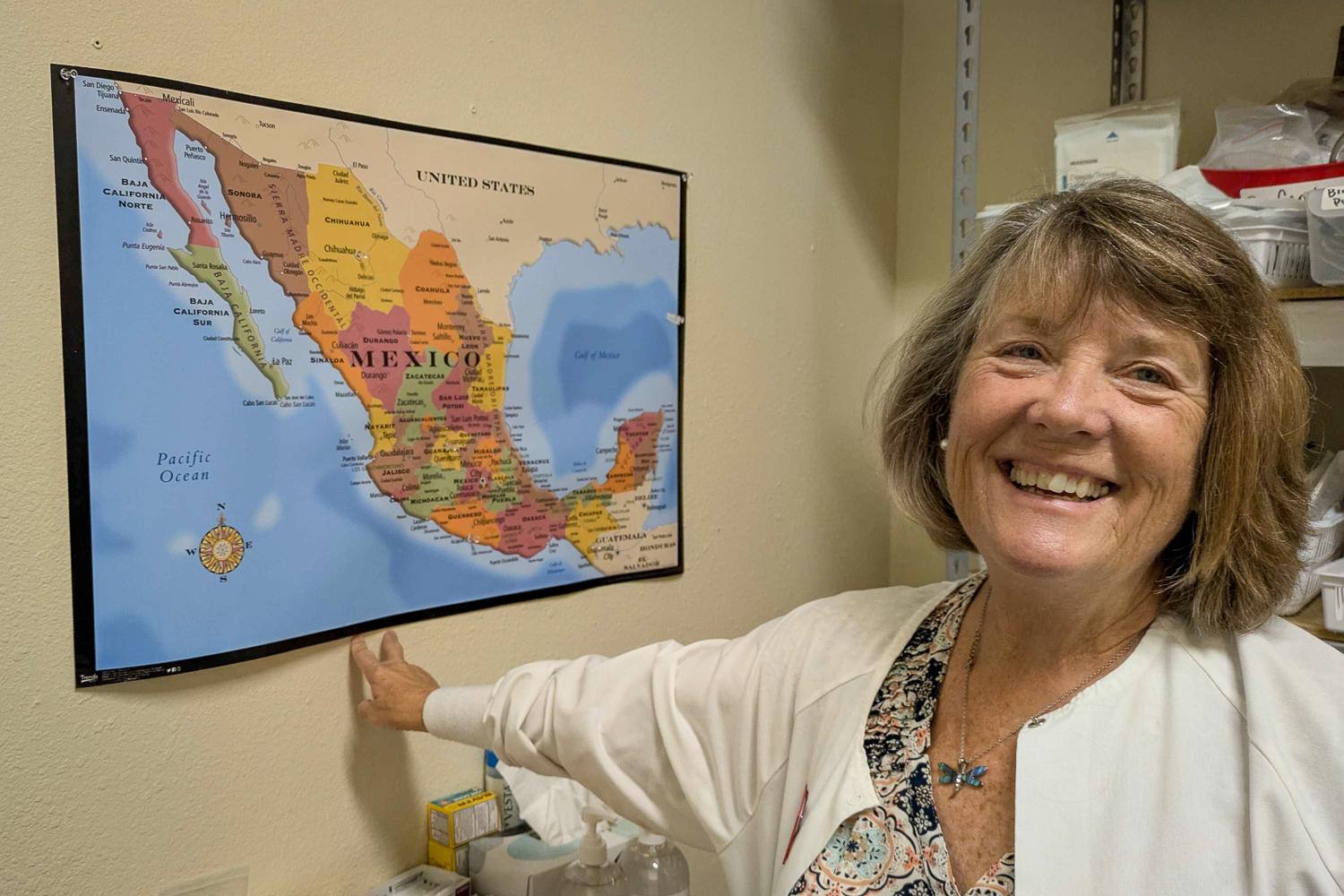
Used equipment, donations and probably more than a century of collective medical experience allow the Good Samaritan Clinic in Grand Junction to treat a couple dozen patients every week, free of charge.
Many of those patients, for one reason or another, can’t get care elsewhere. Elaine Taylor, a director at the clinic, says that new policy changes are likely to drive up the number of residents who can’t find care elsewhere. Those include looming cuts to Medicaid, restrictions on gender-affirming care, expected increases to health insurance premiums and ramped-up deportation efforts. Taylor said worries that the clinic might see increased need in the community are already bearing out.
“We really have not had any open appointments for a week and we try and get everybody in within seven days of their phone call. So we're at capacity. We're trying to figure out how to add some additional capacity, more clinic time. That'll require recruitment of healthcare professionals,” Taylor said. “And we are hearing from the community in terms of the individual market premiums. They're starting to see because the subsidies are going to go away there. They're anticipating huge premium increases in January and they're very concerned.”
Good Samaritan offers primary medical and mental healthcare, well-woman exams, physicals, diabetes care and work all the way up to minor biopsies. Almost all of it is performed by retired doctors and nurses. Because of staffing issues elsewhere in the county, Taylor said, the clinic has picked up more testing for sexually transmitted infections and, amid all that, they’ve had to start screening for measles at the door now that more than a half-dozen cases have been recorded in the county.
On top of concerns about a rise in need, Taylor said the clinic is limited in its options to beef up resources. Good Samaritan is not eligible for many grant opportunities because they don’t collect the required patient data. That’s a downstream effect of their policy to avoid questions that might deter residents from seeking treatment.
“We've tried to eliminate barriers for people. We don't gather a lot of information. We don't need to because we don't bill, which our docs in particular (like) — just seeing patients, taking care of patients and not having the administrative burdens that we find ourselves in healthcare,” Taylor said.
That policy can be particularly helpful for treating patients from other countries. In one of their treatment rooms, the Good Samaritan Clinic has a map of Mexico where patients can place pins to mark where they’re from.
“We try and keep track of where they're from in Mexico. And we did have these two physicians that came from Mexico,” Taylor said. “It's a very long process for them to get their U.S. license. So they worked here as volunteers, just as medical assistants, because they don't have a medical license. And that was so wonderful for the Spanish-speaking population.”
The clinic has treated patients from around 30 countries, including refugees from Afghanistan who relocated to the Grand Valley. Taylor said these and other patients not yet in the free clinic system may face longer waits for care or be forced to seek treatment through more expensive options.
“I don't think there's been a big awareness about free clinics and the other things that are happening, trying to serve these vulnerable patients that don't have access except for the ER. We do have laws that require the ER to see all patients, but that's a very expensive (option) and not always the best medical care, for sure in a primary care sense,” Taylor said.

